My previous post was very tough to write. For a while, I even contemplated on scrapping it and not posting it at all. But I also felt I owed it to this blog and to my readers to show even my most vulnerable state of mind. It’d be hypocritical of me to only write about things that only affected me in the past. I wrote my book, ’12 YEARS A WOMAN: MY JOURNEY TO HAPPINESS’ when I was still going through the notions. If you read my book, you’ll be able to see through my vulnerability. My anger and my sadness were evident in my writing. My writing process was raw and filled with emotions. I used to think it was a weakness, but I now realize it’s my strength. That’s all you want as a writer – to show all your emotions and to have your readers feel what you feel.
My entire blog is filled with posts, all 172 of them, of personal trauma that I’d worked on and healed from. That’s with the exception of the previous post. I’m still working through my feelings on the subject matter. I’m grieving my former friend and the person I used to know. I’m grieving knowing that my former friend did such a horrible thing to someone that she was supposed to love and protect. I’m grieving the fact that mere option to ever be able to reconnect with her is forever gone. Nevertheless, this terrible news forced me to have a new perspective on my life; specifically, my new life as a mother.
My previous post gave you an in-depth list of do’s and don’ts as a new mom. Personally, I wish I followed my own advice as a new mom when my son was just born. All I can say is that you learn and grow from your mistakes, and this list I made in the previous post was based on those mistakes. But I’ll definitely do better with the second baby – If I have a second baby. Just as I said in the previous post, I couldn’t be any more grateful to still be able to hold and love my son and to continue watching him grow into the little man with such a big personality that he’s becoming. I’m also so f*cking proud of myself for surviving the hardships of the first year of motherhood.
Motherhood is the toughest job in the world. The first year is hardest. Before I had my son, I thought the first year of motherhood was just simply having to feed the baby and change his diaper. I thought to myself, ‘How hard could it REALLY be?’ It’s only when you actually have the baby when you realize that everyone around who had kids before you was right. The first year is so hard that you don’t even remember much of it. The first 6 months of my son’s life were a complete blur. At some point, I was ready to go to a psychiatrist to get myself checked and get an official diagnosis for postpartum depression. I was brave enough to do so for myself (as well as for my son).
When I proudly told my husband this, he shrugged his shoulders, smiled, and then proceeded to tell me that I shouldn’t waste my time because I signed up to be a mother and all that I was going through came with it. I felt defeated; absolutely defeated. Not only was I having a hard time as a new mother, but now my husband wasn’t supporting my needs. I went on with my business and did what I ‘was supposed to do’, which was to mother my son and not complain about any emotional and mental hardships that came with it that I was facing, because, according to my husband, it just came with the job.
Things only got from bad to worse over time. My husband and I were fighting like cats and dogs, and our son was the one that was struggling the most. We were fighting practically every day, all day. There was no peace in the house. All I wanted was to be seen and heard by my husband. But I got nothing. I was ignored; or at least I felt like I was being ignored. Feeling this way made me all sorts of other things – angry, sad, agitated, disappointed. My husband was 100% there on a physical sense. He was a hands-on dad as soon as my son was born, and my son absolutely adores him. Emotionally speaking, he was failing. He didn’t understand the severity of it all. All I needed was some reassurance from my husband that he was there for me on an emotional sense, and I wasn’t getting it.
Things were getting out of hand. We needed outside help. So my husband went to my parents. It was like a company and a union were in a conflict, and my parents were the arbitrators. I’ll never forget what my mom, specifically, said to my husband about postpartum depression. ‘Life postpartum is hard for both a man and a woman, but it’s 5 times harder for a woman than it is for a man. Postpartum depression isn’t something that’s to be taken lightly. If she says she’s having a hard time, then she’s having a hard time, and if she says she wants to seek help, then you need to support her decision. If a woman’s postpartum depression is ignored and left untreated, terrible and indescribable things could happen, both to the woman and her child.’
That last sentence is imprinted in my mind. It was only a few weeks later that the news of my (former) friend broke. I didn’t know what to think of the matter. My mind was blown when I saw her name on the news. I kept hoping that it was a different person with a the same name. I just couldn’t believe that the person I used to know could do something so unfathomable. As more days and nights passed though, it became more and more clear that that was what really happened. I still don’t believe that she’d intentionally hurt her child. I believe she struggled with a severe case of postpartum depression which led to a psychosis.
HERE’S WHAT YOU NEED TO KNOW ABOUT POSTPARTUM PSYCHOSIS….
Postpartum psychosis is NOT postpartum depression. But postpartum depression,which can begin showing signs as soon as a woman is pregnant, CAN lead to postpartum psychosis if not being taken seriously and not treated properly.
WHAT IS POSTPARTUM PSYCHOSIS?
Postpartum psychosis is a mental illness that requires emergency. A psychosis leads to a person’s, a mother’s, sense of reality that causes hallucinations, delusions, and paranoia. In severe cases, a mother can cause harm to herself and/or her newborn child. This illness is usually seen in women who have a family history of mental illness, such as depression and bipolar disorder. There are several differences between the symptoms new mothers have due to Postpartum Depression and Postpartum Psychosis.
POSTPARTUM DEPRESSION SYMPTOMS:
- Depressed mood or severe mood swings
- Crying too much
- Difficulty bonding with your baby
- Withdrawing from family and friends
- Loss of appetite or eating much more than usual
- Inability to sleep, called insomnia, or sleeping too much
- Overwhelming tiredness or loss of energy
- Less interest and pleasure in activities you used to enjoy
- Intense irritability and anger
- Fear that you’re not a good mother
- Hopelessness
- Feelings of worthlessness, shame, guilt or inadequacy
- Reduced ability to think clearly, concentrate or make decisions
- Restlessness
- Severe anxiety and panic attacks
- Thoughts of harming yourself or your baby
- Recurring thoughts of death or suicide
POSTPARTUM PSYCHOSIS SYMPTOMS:
- Feeling confused and lost
- Having obsessive thoughts about your baby
- Hallucinating and having delusions
- Having sleep problems
- Having too much energy and feeling upset
- Feeling paranoid
- Making attempts to harm yourself or your baby
There’s also something called ‘baby blues’. It’s the more mild version of postpartum depression in women. It can begin 2-3 days after and last for about a couple of weeks. Symptoms include:
- Mood swings
- Anxiety
- Sadness
- Irritability
- Feeling overwhelmed
- Crying
- Reduced concentration
- Appetite problems
- Trouble sleeping
WHAT DOES THIS ALL MEAN?
Struggling with postpartum depression is nothing to be ashamed of. We need to end the stigma surrounding opening up about our struggles after having a baby. Life after giving birth isn’t glamorous. Life during pregnancy isn’t even glamorous. I was told so many times that I was glowing during my pregnancy, but in reality, all I could think about was how scared I was. When I had my son, all anybody could talk about was how cute my son was. But no one thought to ask how I was doing after birth. All anyone wanted to do was see the baby and talk about the baby. We need to change that. We need to remind ourselves that the mother needs to not be forgotten about. Even a simple, How are you?’ can make all the difference in the world.
The fact of the matter is, new mothers are ‘the forgotten ones.’ But they shouldn’t be. That’s not to say that fathers don’t have any struggles after having their little ones. They have their own struggles. But women have it 5 times harder than men do after having a baby. That’s why no matter what a man goes through after having a baby, he should be his baby mamma’s biggest cheerleader during pregnancy and beyond.
I hadn’t talked to my (former) friend since she was pregnant, so I didn’t know that she was even having a hard time after having her baby. I can only imagine what she was going through. For someone like her to do this to her own child is unfathomable. After the incident, I saw a Reddit thread that had that first initial news article posted. Comments flooded with words such as, ‘The mother should rot in hell’, ‘The mother is a monster’, and ‘She should stay in jail for the rest of her life’. But it also had a comment from someone who detailed what actually happened, which wasn’t even made public.
If I didn’t know the person who did this, and if it happened before I became a mother myself, I probably would’ve thought all those things in the comments myself. Every time I heard on the news of a mother killing her children, her own flesh and blood, I thought to myself, ‘How could she f*cking do this?’ But I DID know this person, I’m a mother myself, and I’d gone through postpartum depression. I’m sad that a young, little boy lost his life in such a tragic way, and I’m sad that his mother, my (former) friend, didn’t get the help that she needed. All I can do is hold back tears and think of all the memories we shared and made together when we were friends every time I think of what happened. What it gave me was a completely different take on motherhood. I want to never, ever take my son for granted. I’m the luckiest person in the world to still have my son, be able to hug him and kiss him, and be able to watch him grow into the little man with such a grea personality that he’s becoming.
Sign up to our newsletter if you want to see more content from The Graceful Boon! By signing up to our newsletter, you'll get an even more in-depth content from yours truly, Stacie Kiselman, who's our Graceful Boon, that you won't want to miss out on.
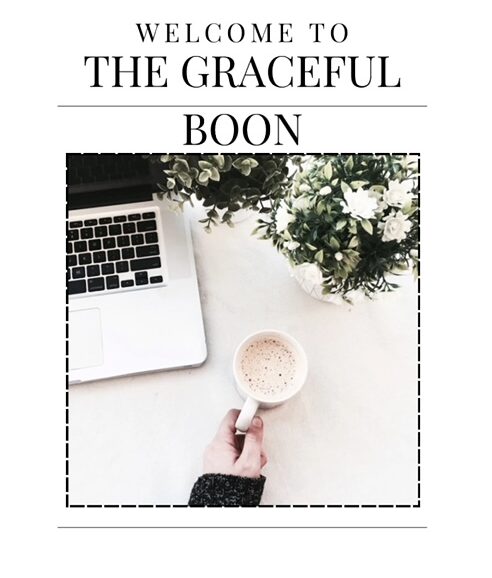
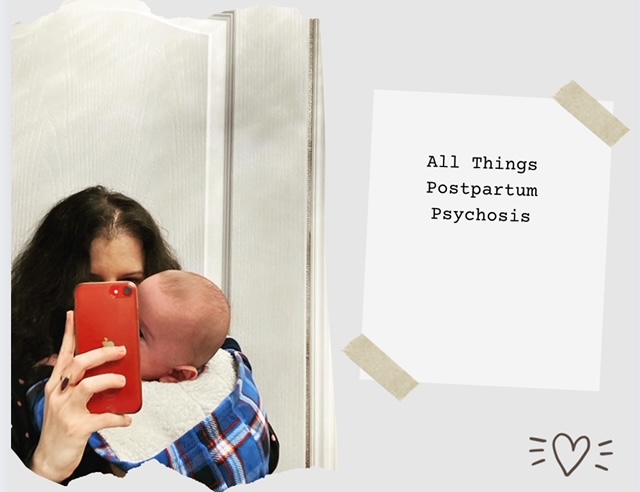

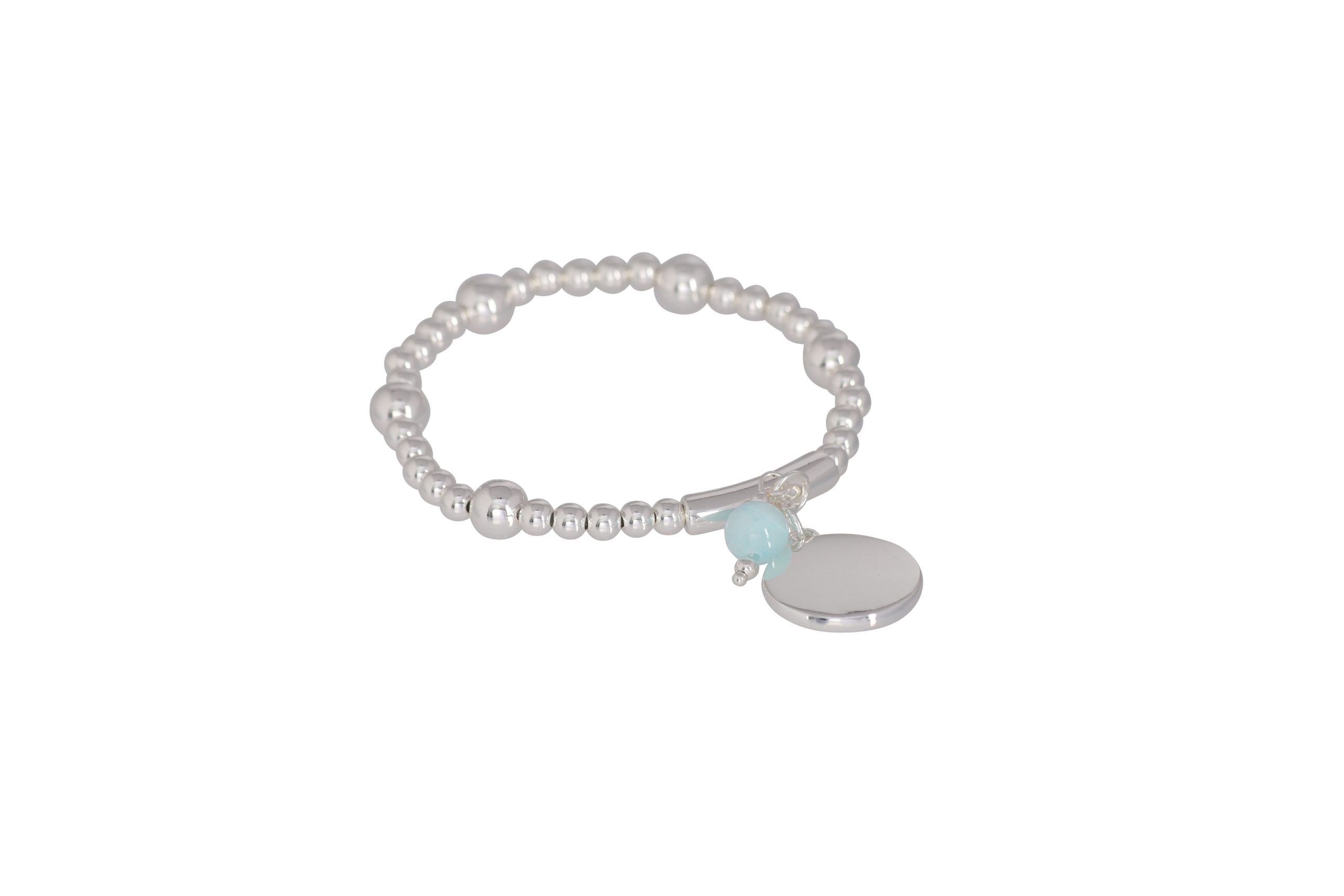
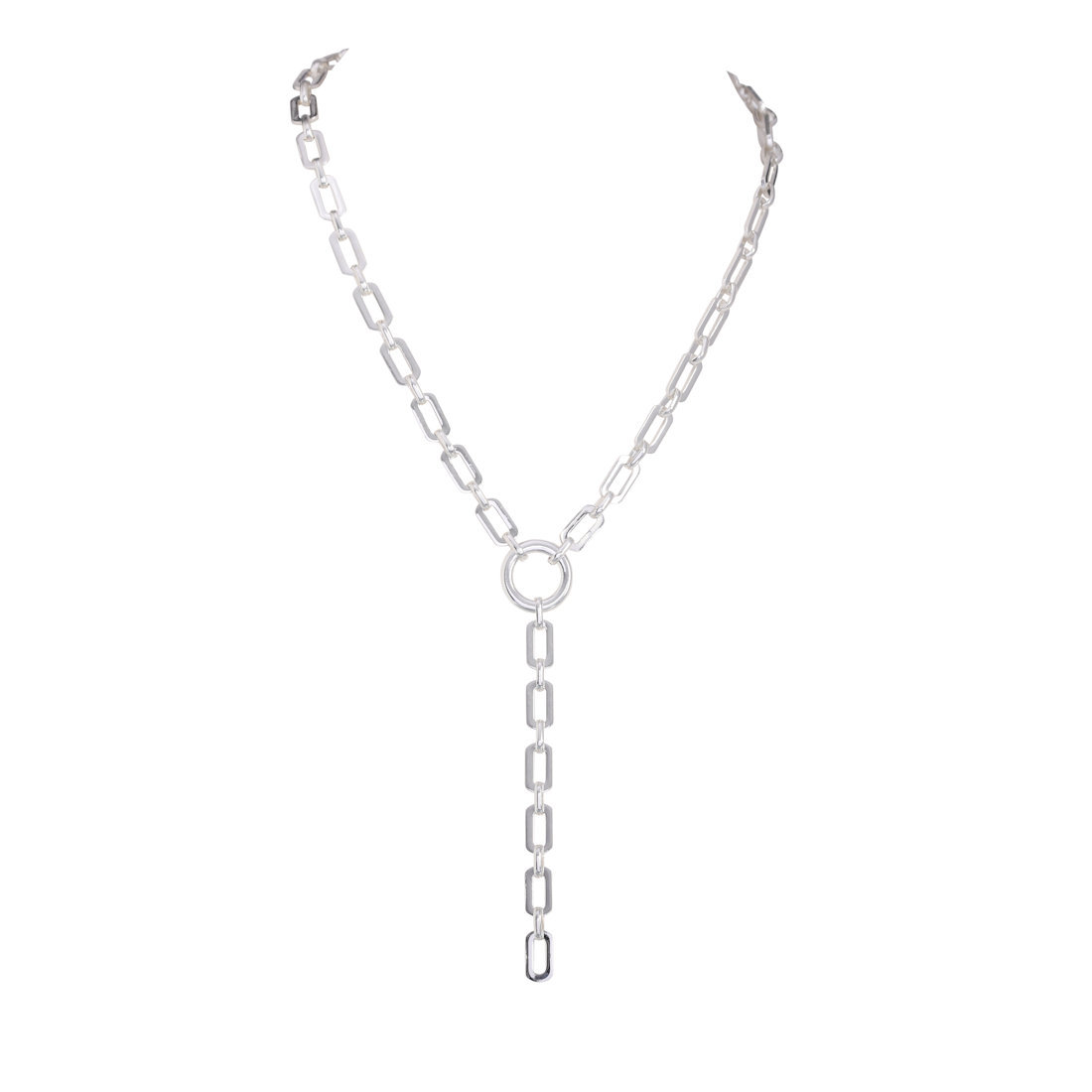
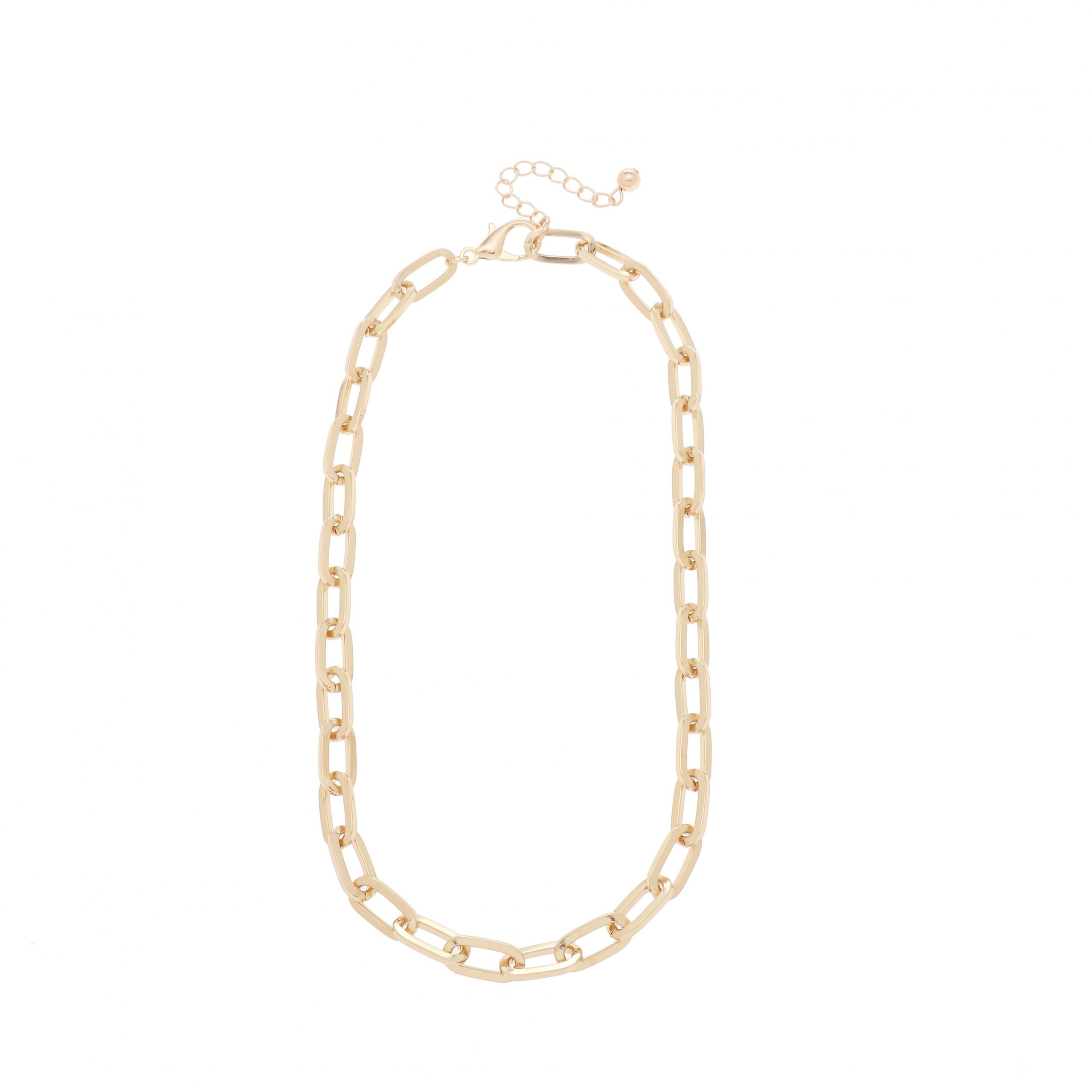


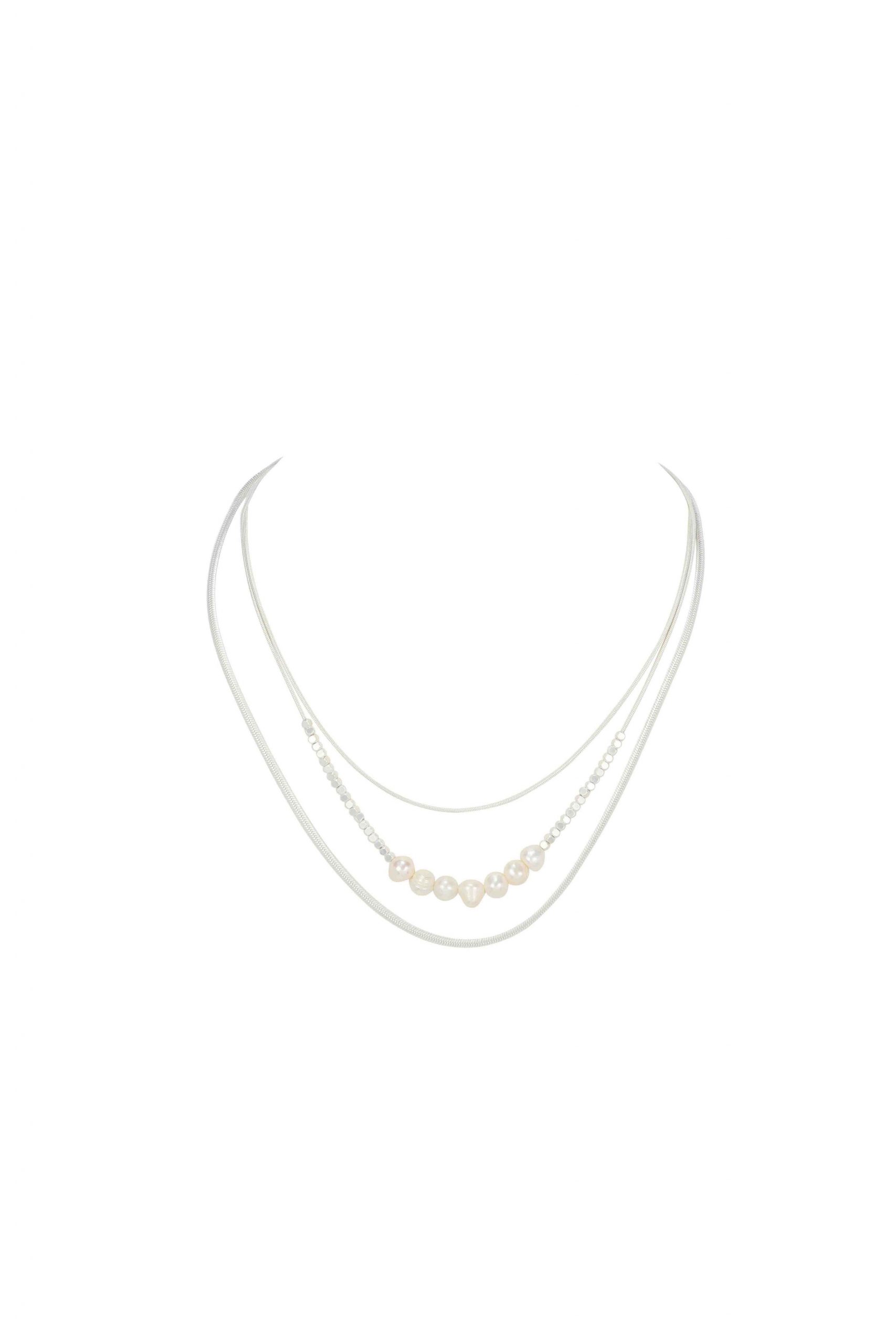
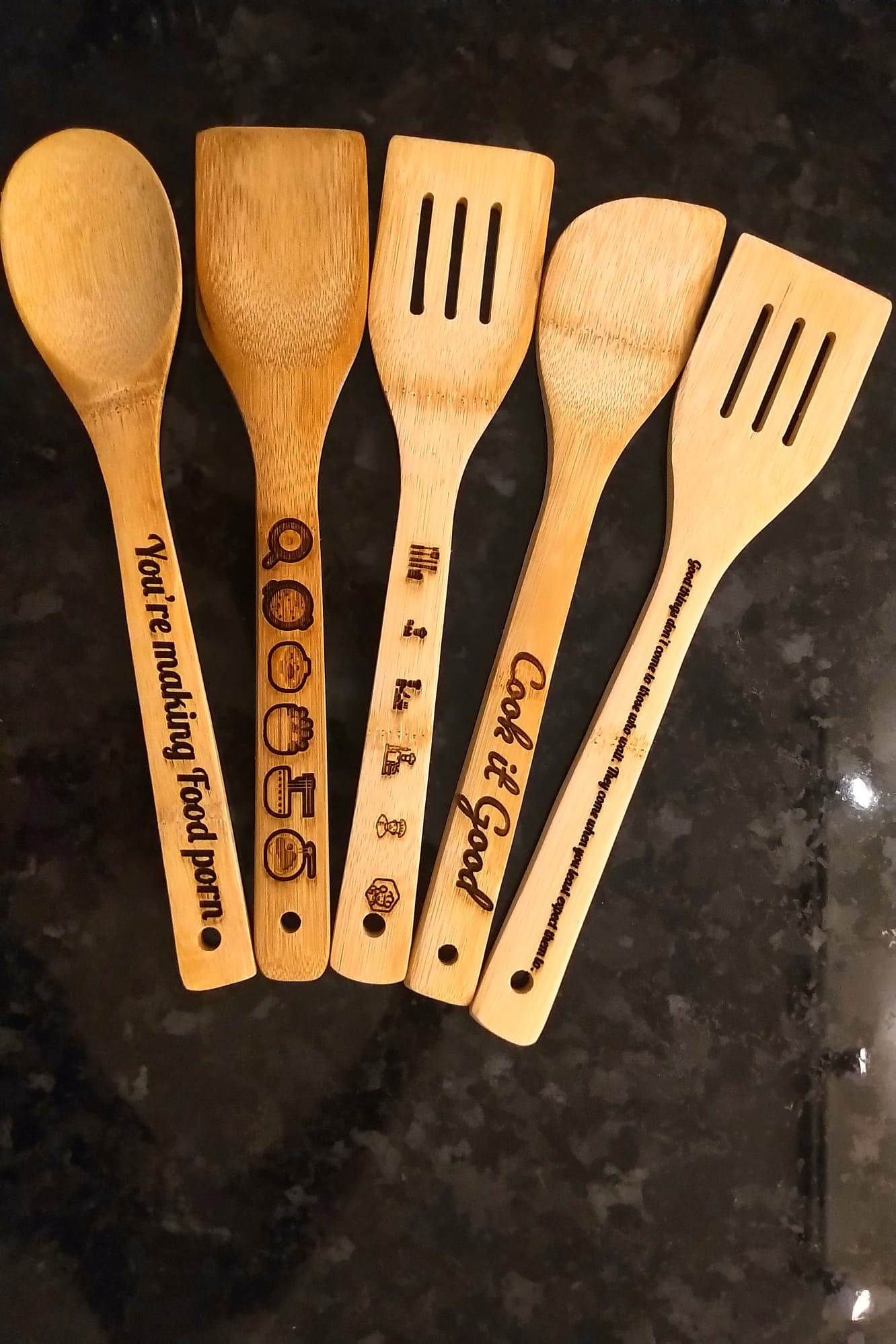
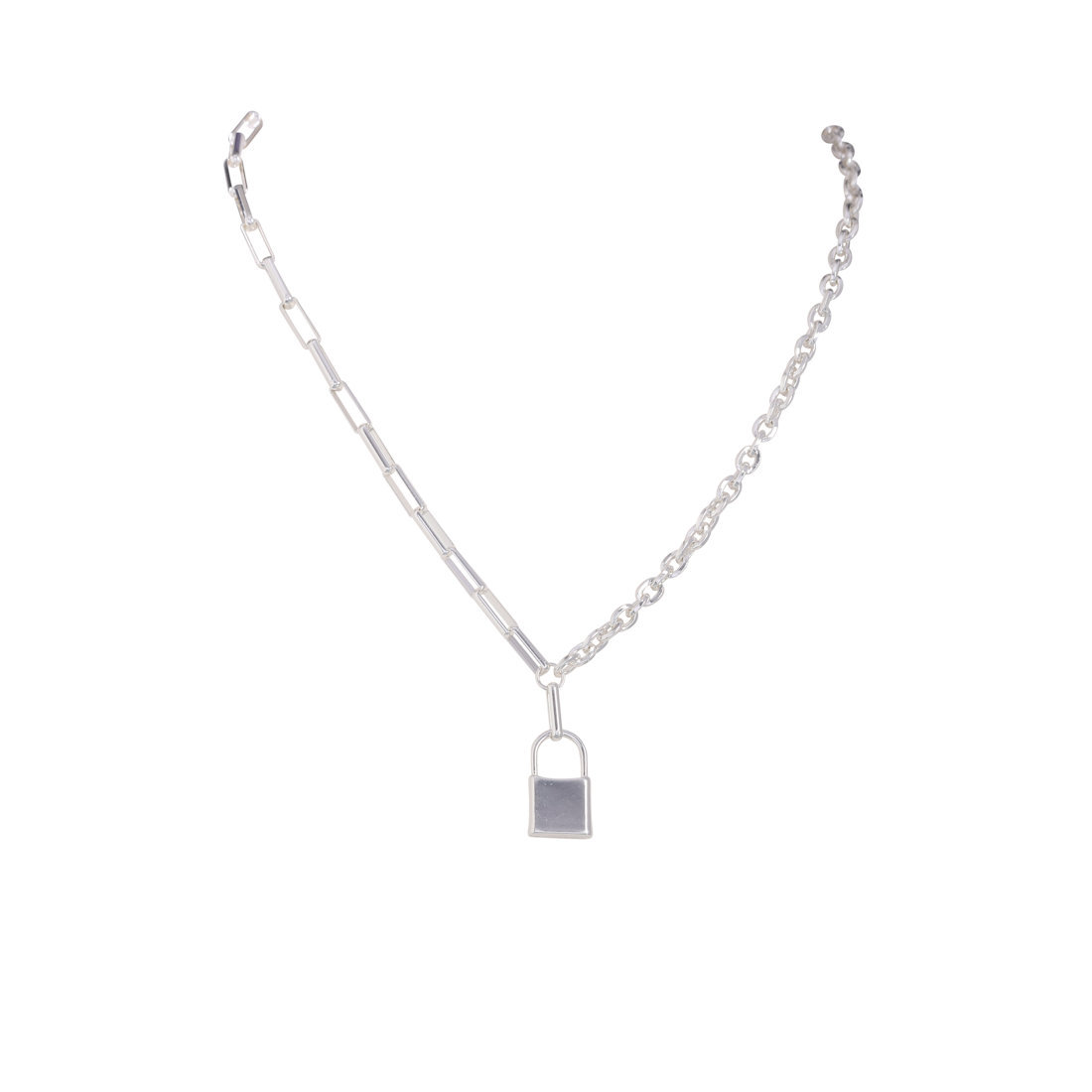
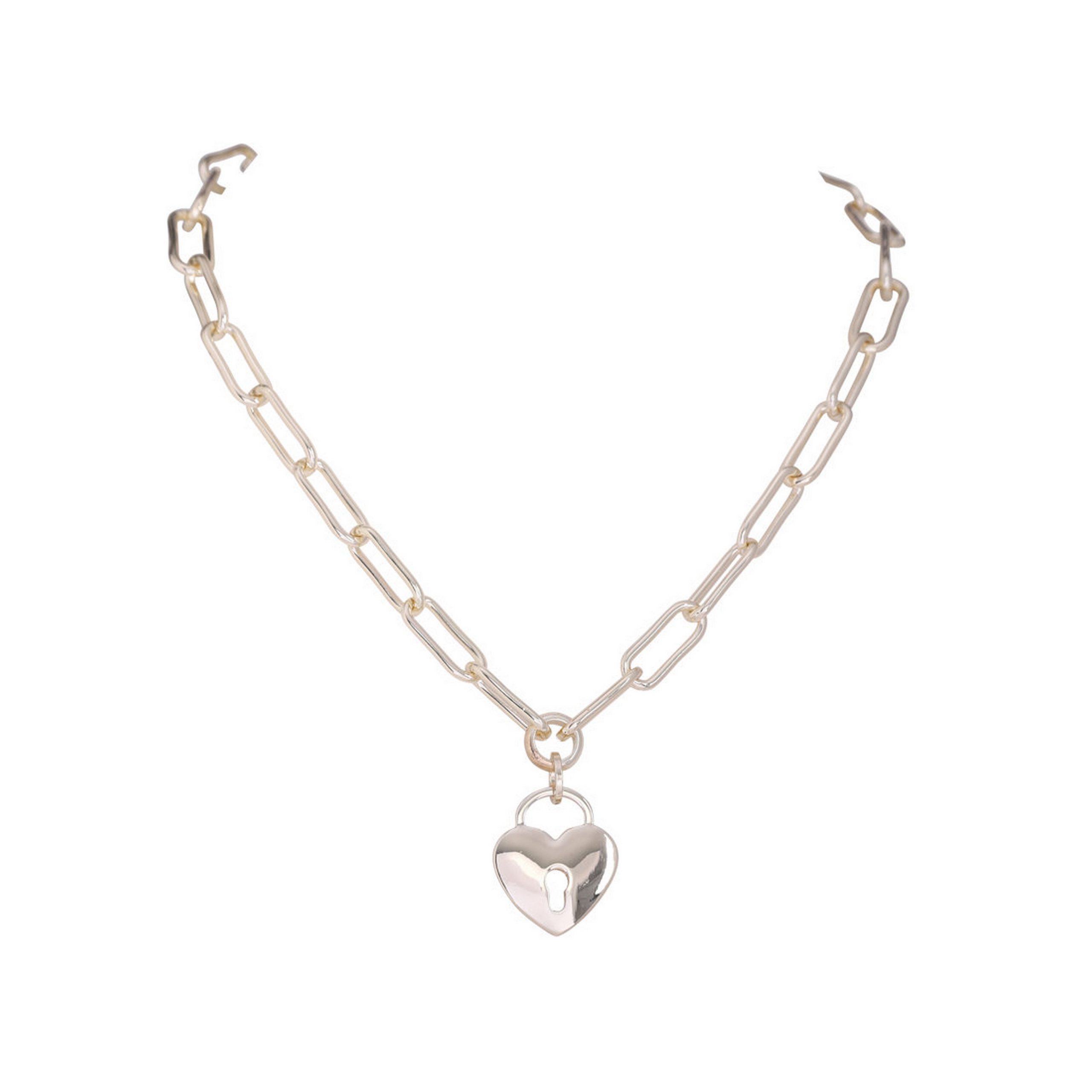
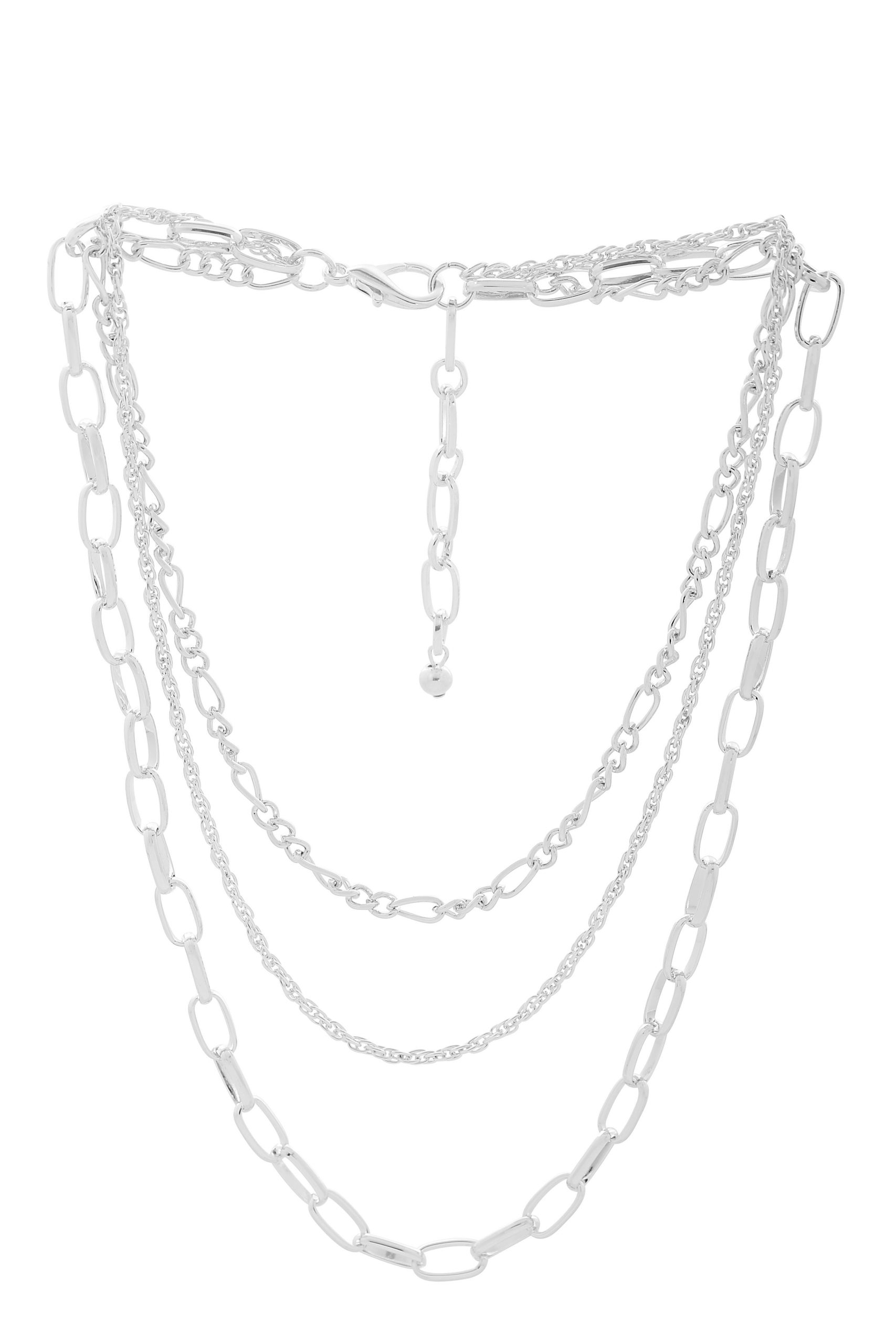
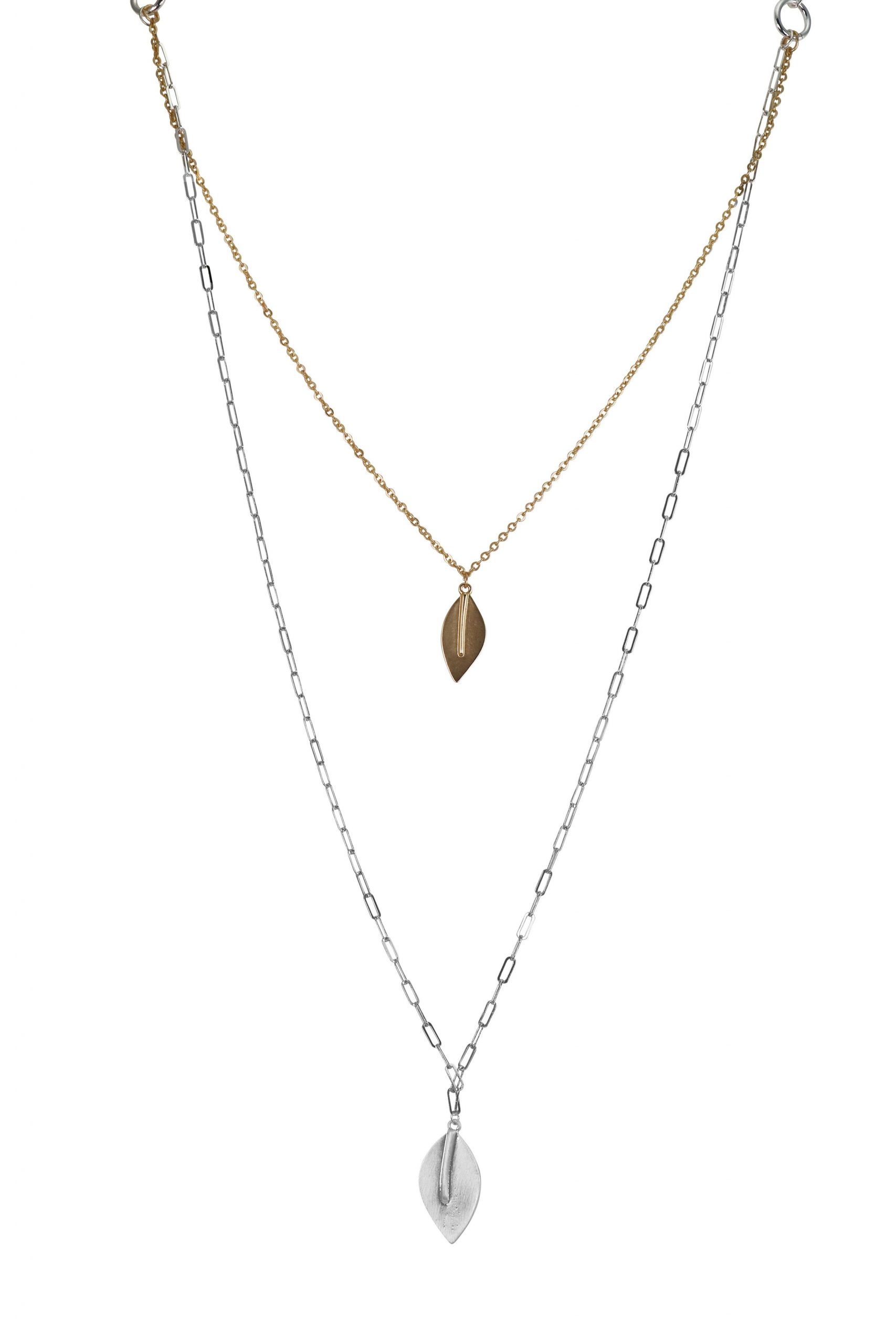
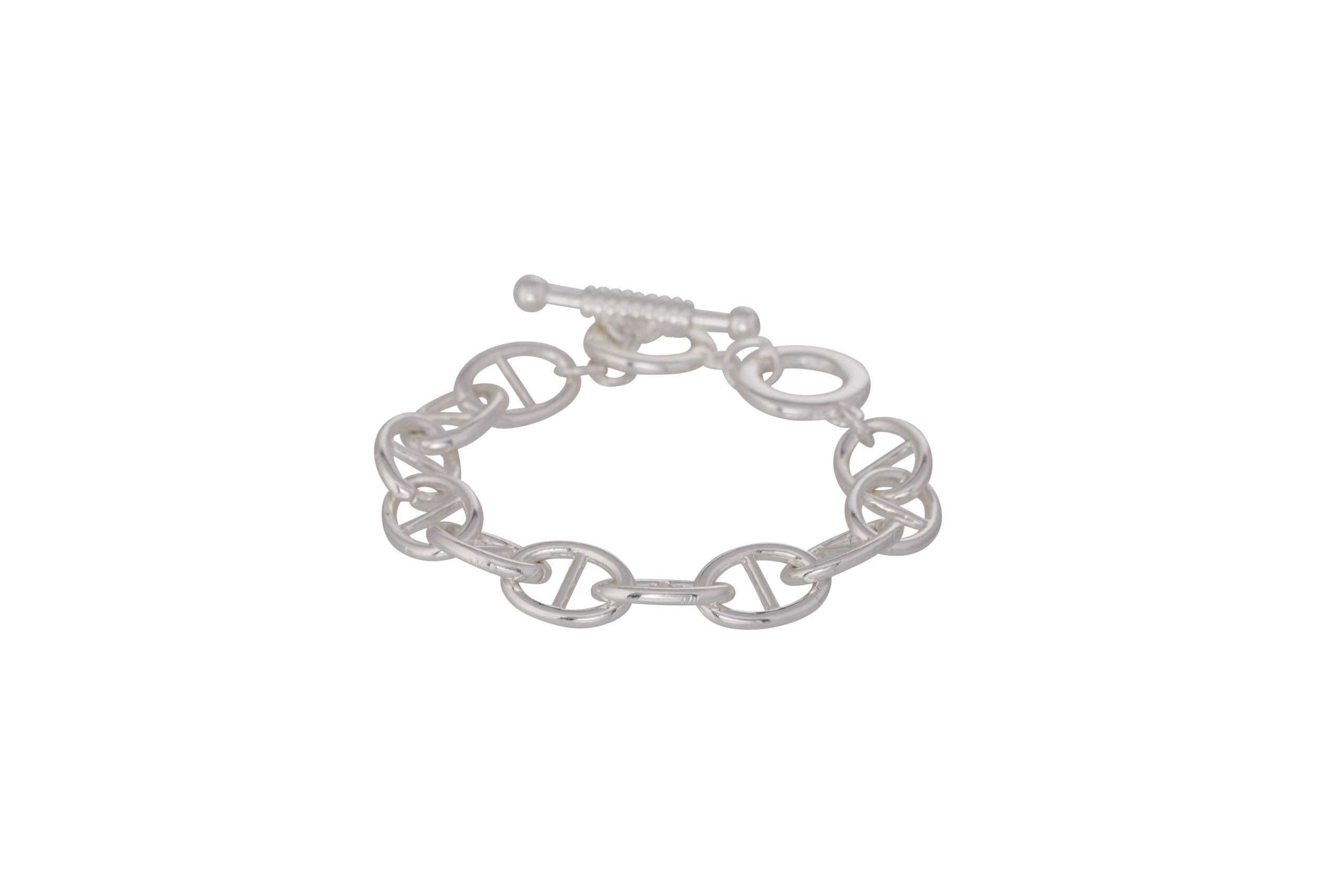
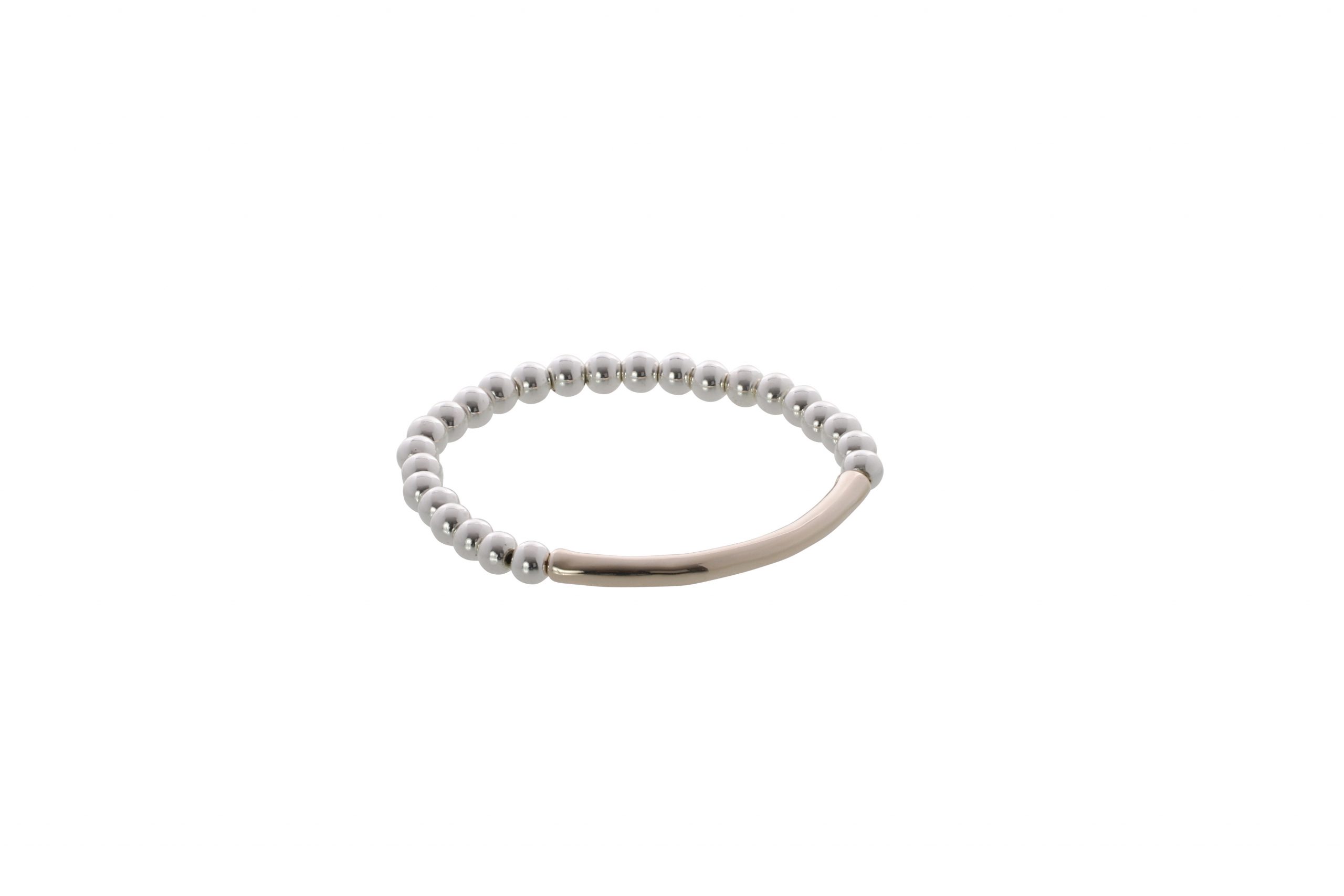
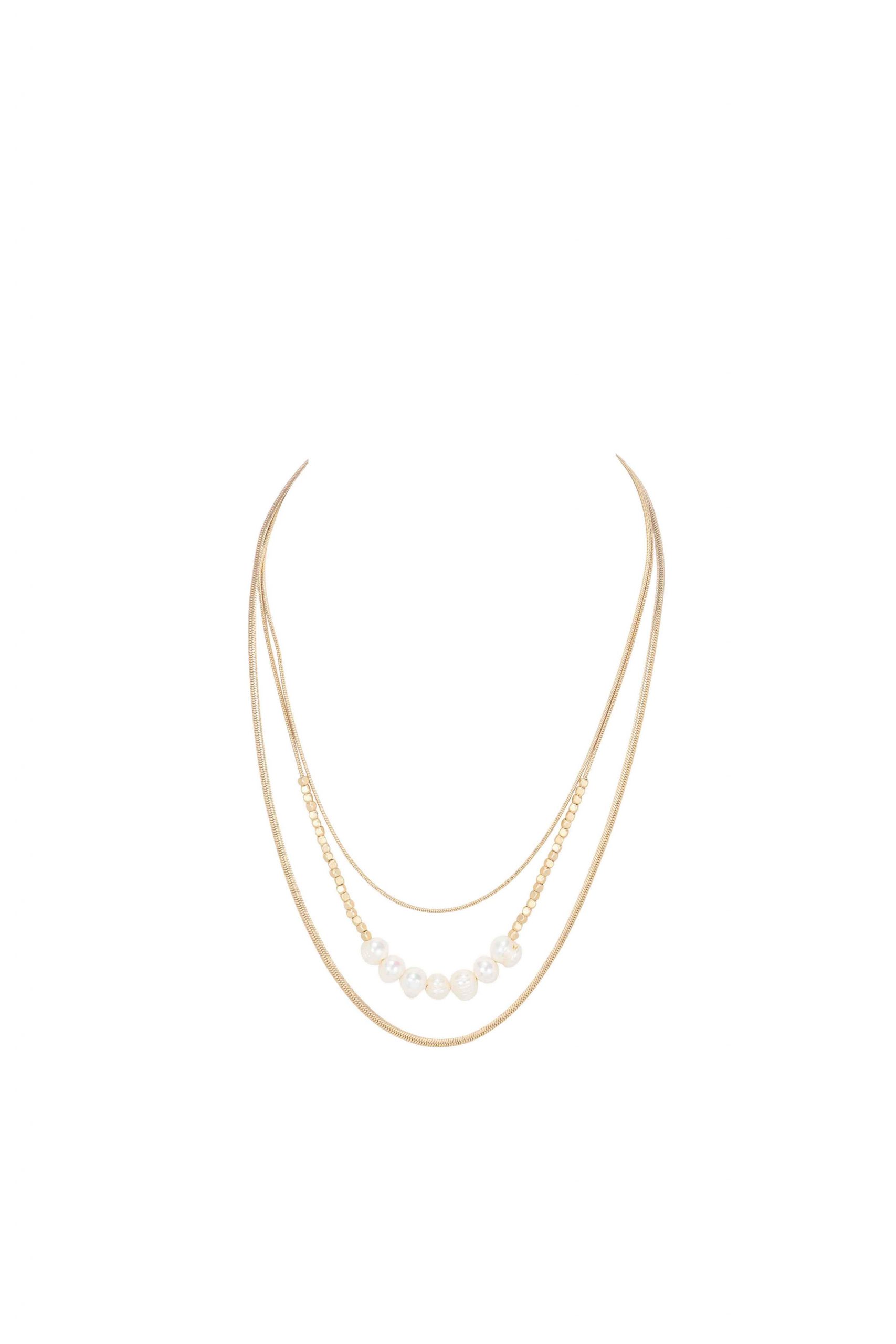
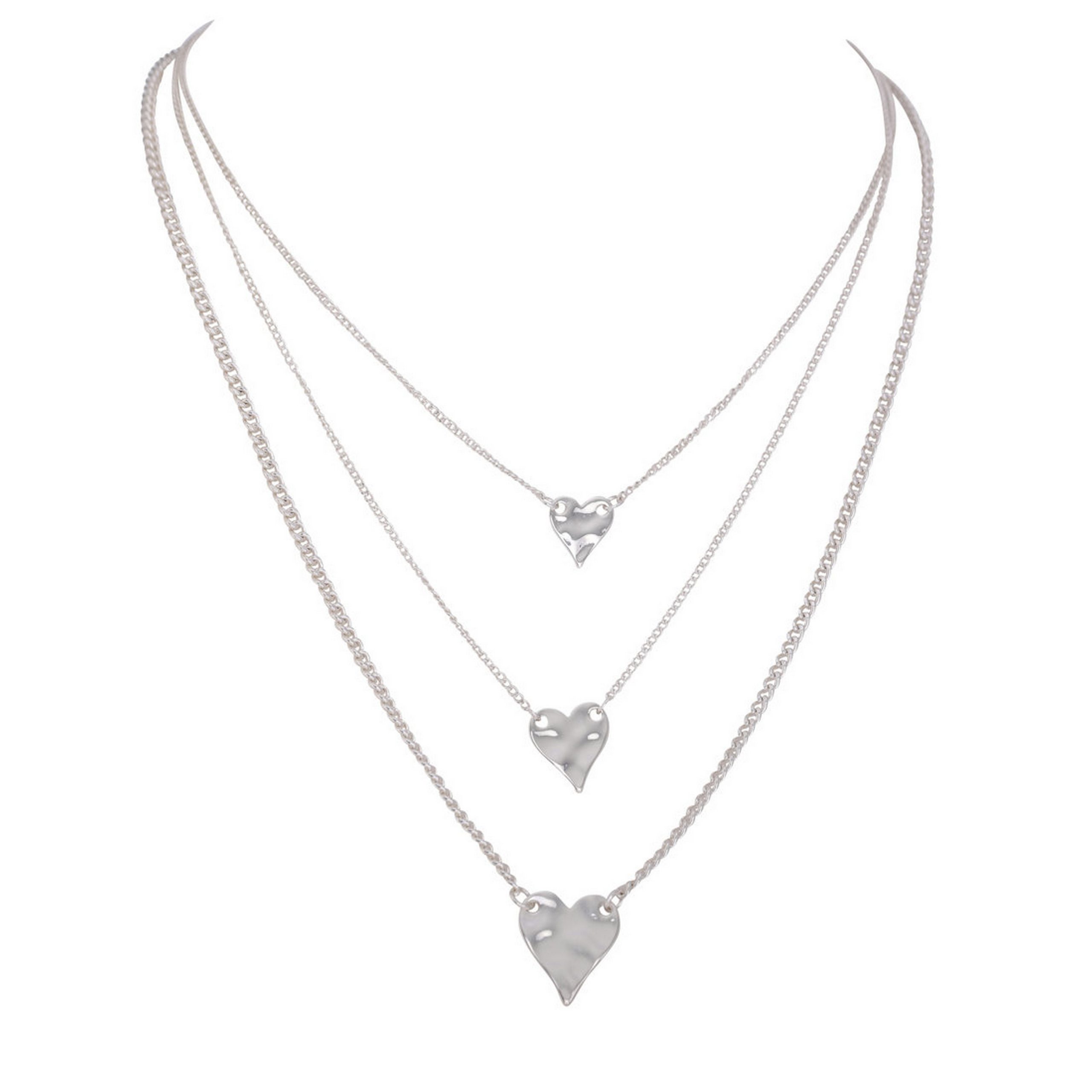
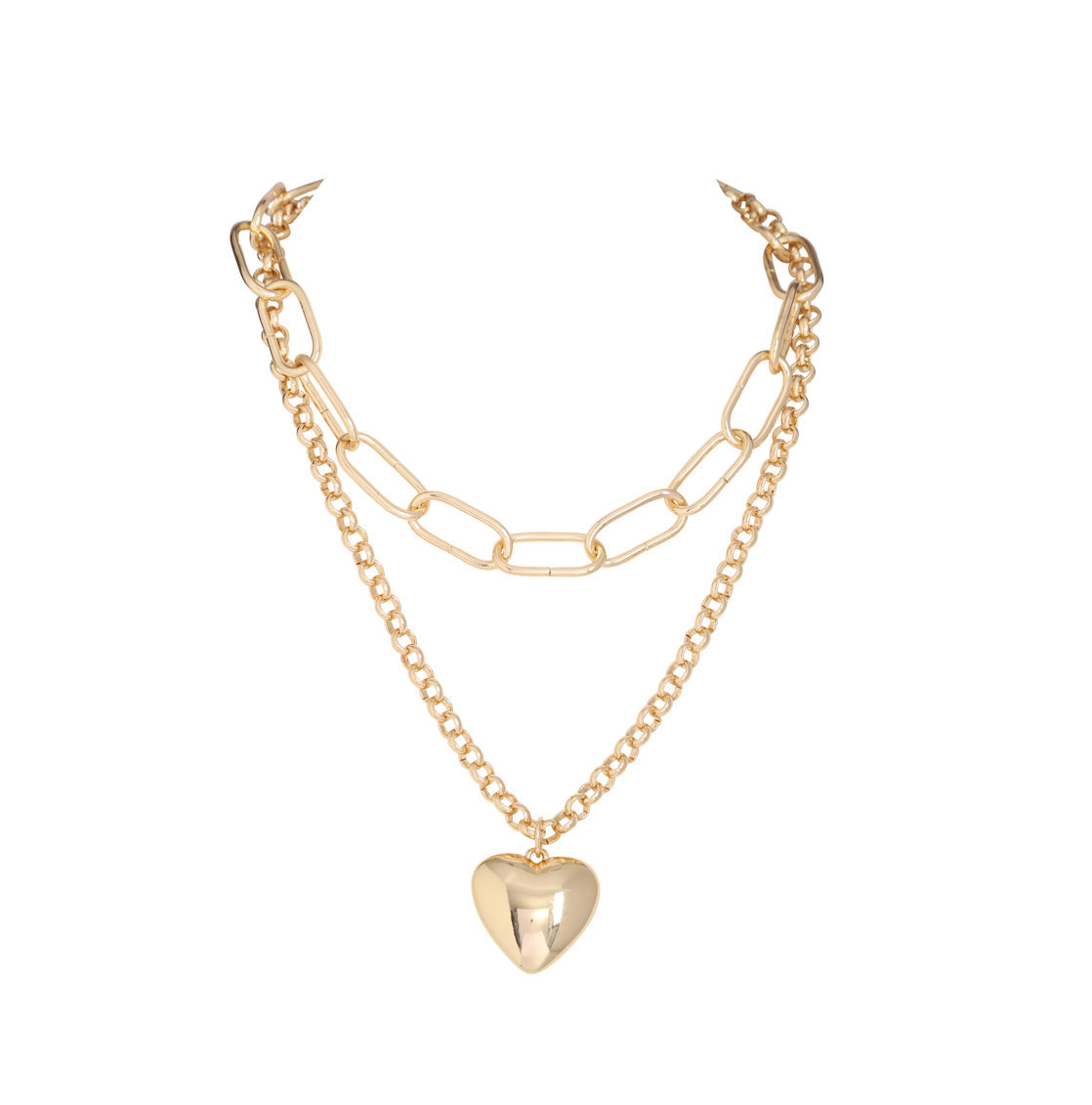

Thank you for sharing your story! It is so meaningful to give space to these painful topics.